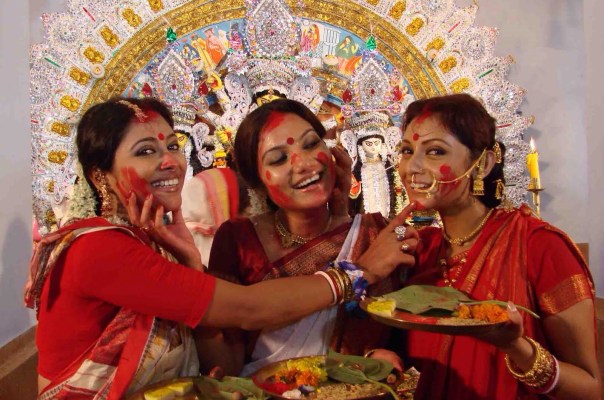A girl was raped and buried alive in Pakistan.
Siddique Mughal, a resident of a village in Toba Tek Singh district, located 225 km from Lahore, told police that his 13-year-old daughter was abducted by two unidentified men while she was going to a seminary for Quran lessons. The men took the girl to a deserted place and raped her. They believed she had died during the assault and buried her by the roadside, Mughal said.
However, the girl regained consciousness and dug her way out of the mud covering her. She raised an alarm and caught the attention of a passerby , who took her to a nearby rural health centre.
As police were not cooperating with the girl’s family, the Lahore HC chief justice’s complaint cell took notice of the incident on Saturday and directed the district and sessions judge of Toba Tek Singh to probe the matter.
The sessions judge subsequently directed police to arrest the rapists, complete their investigation.
I feel like I am buried alive and I am suffocating inside my grave, I am screaming and calling people out but nobody is listening to me! I feel like I am dying but no one is trying to save me.






































